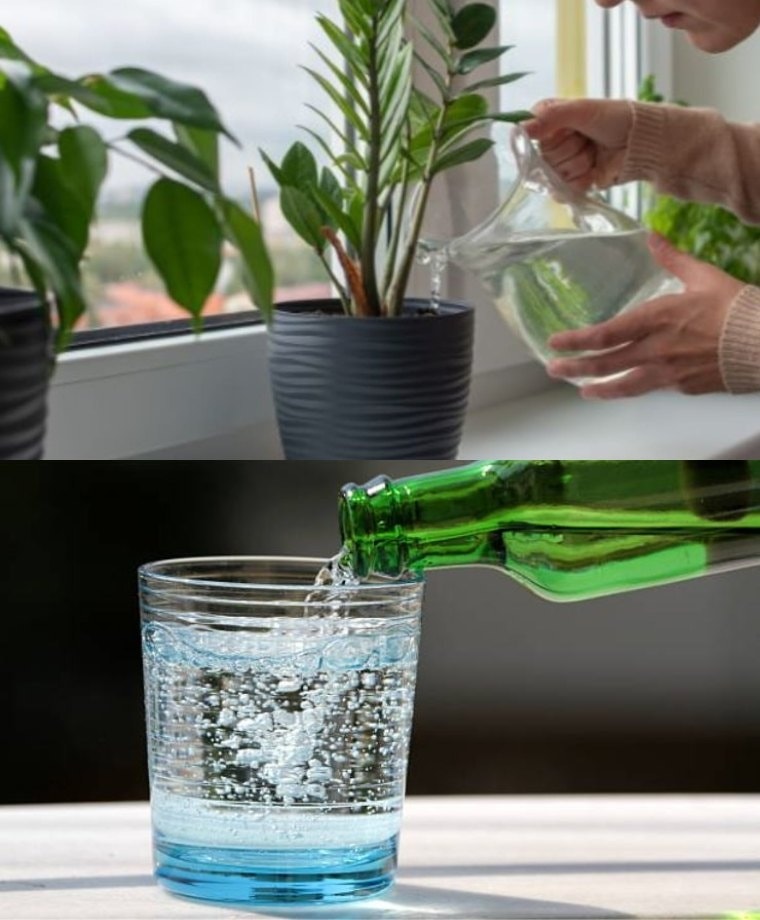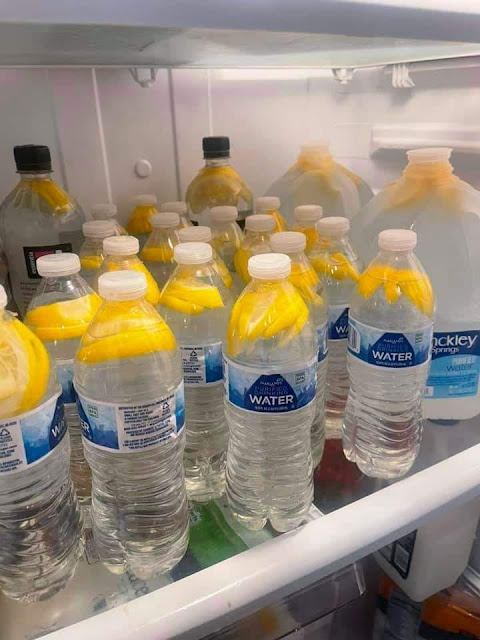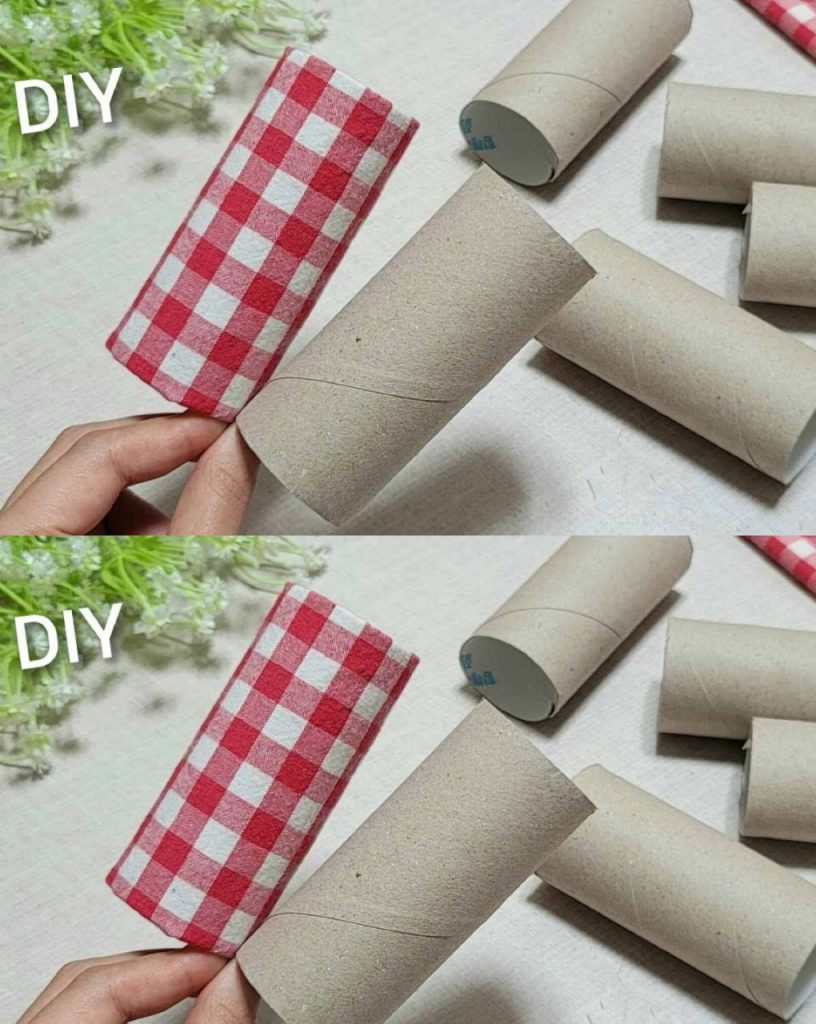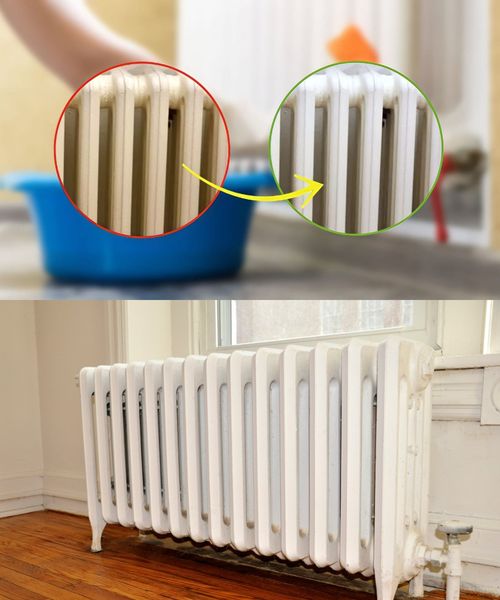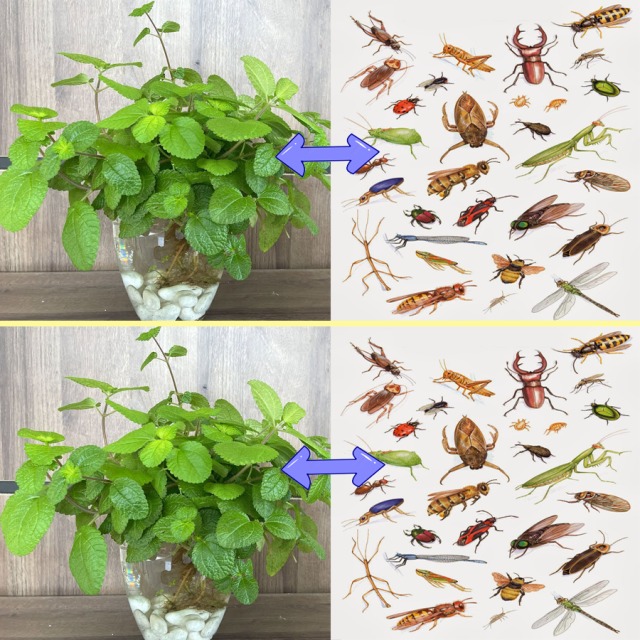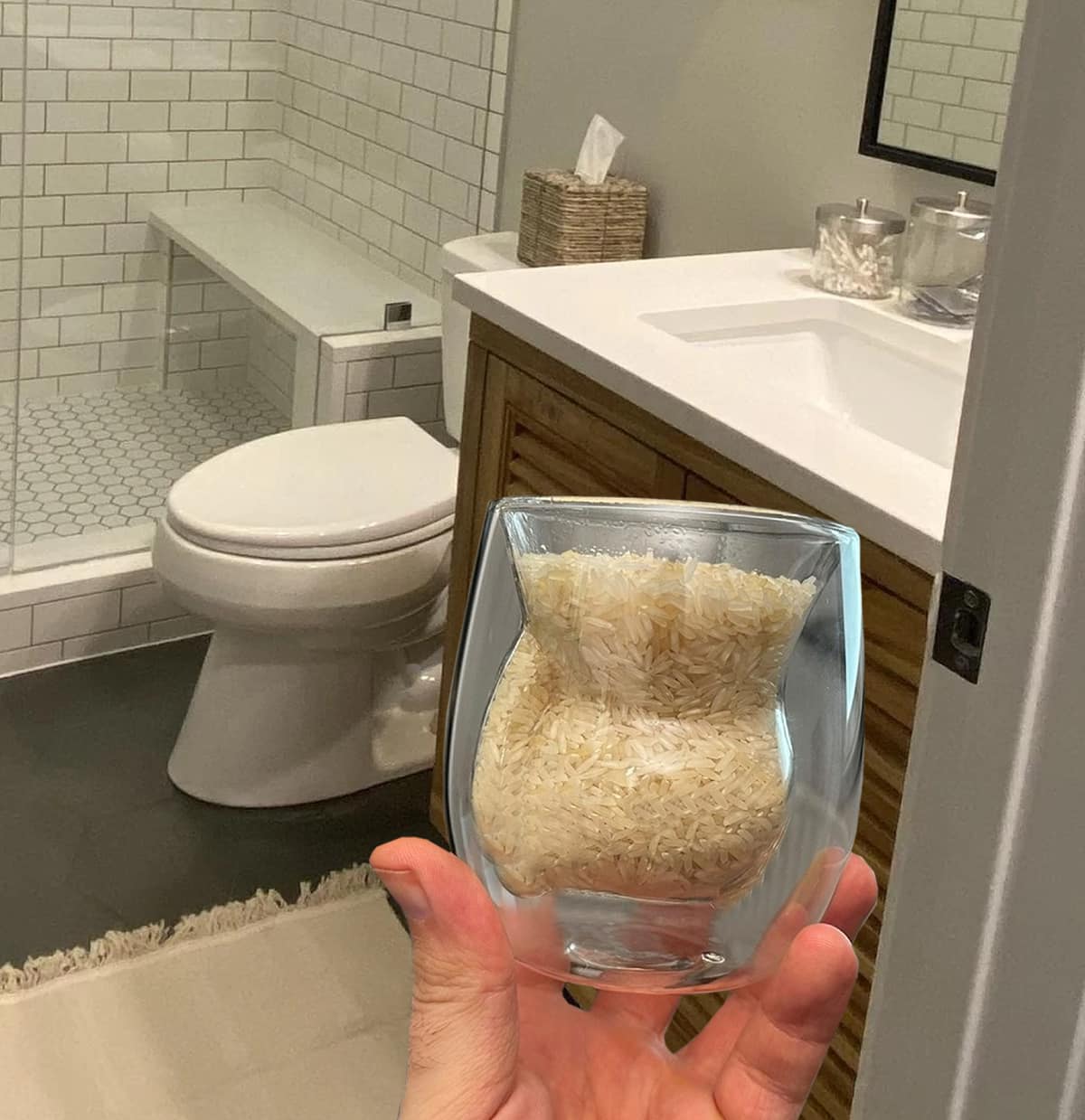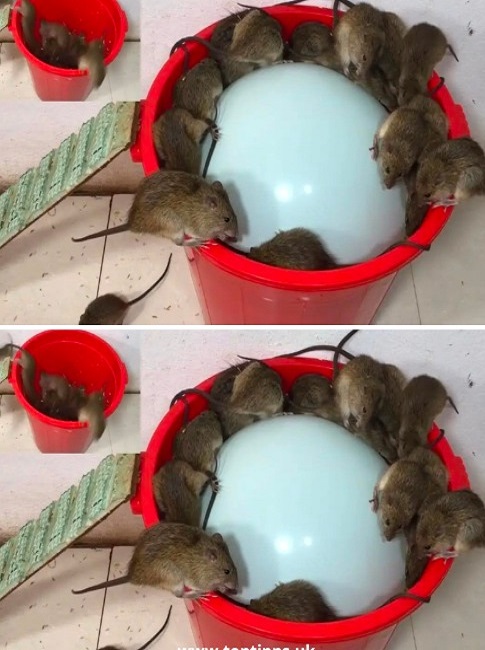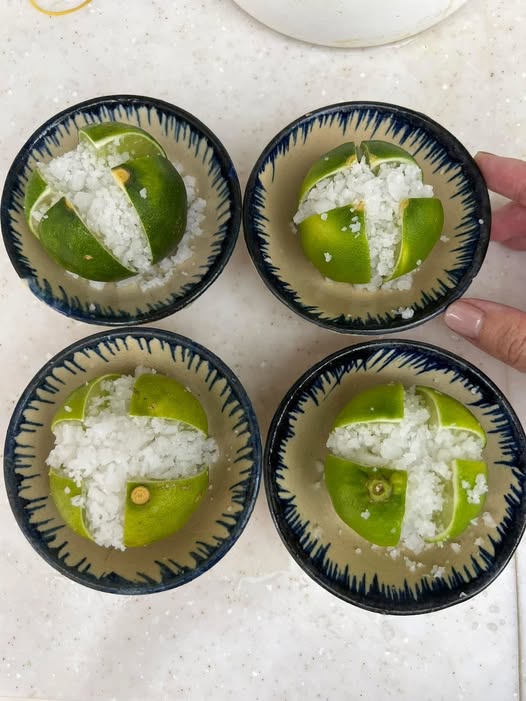Consistent and adequate watering is essential for healthy pepper plants. Water deeply, providing approximately one inch of water per week, ensuring the soil stays moist but not waterlogged. Avoid overhead watering to prevent diseases.
- Mulch for Moisture and Weed Control:
Mulching around pepper plants conserves soil moisture, suppresses weeds, and regulates soil temperature. Apply organic mulch, like straw or wood chips, around the plant base, leaving a small gap to prevent stem rot.
- Spacing for Optimal Growth:
Give your pepper plants ample space to flourish. Plant them at least 18 to 24 inches apart to promote proper airflow, reduce disease risks, and ensure each plant receives sufficient nutrients.
- Feed Regularly:
Pepper plants are heavy feeders and benefit from consistent fertilization. Use balanced organic fertilizers or incorporate compost into the soil before planting. Apply side dressings of compost or slow-release fertilizers during the growing season.
- Pruning for Productivity:
Pruning pepper plants enhances airflow, lowers disease risks, and boosts fruit production. Pinch off the tips of young plants to encourage bushier growth. Promptly remove any diseased or damaged leaves
“What Occurs to Plants Moments After Being Watered with Sparkling Water?”
This dish consistently captivates every audience at any gathering.
BAKED CHICKEN CAPRESE
Philly Cheesesteak Meatloaf
Ham and Cheese Crescent Rolls
Ginger water: the healthiest drink to burn all the fat in the abdomen, neck, arms, back and thighs!
The reason Chuck Norris gave up acting
“This is an old old recipe, My grandmother use to make this back in the late 40s early 50s”
This is a favorite for weeknight meals with my husband and a crowd-pleaser at our parties
